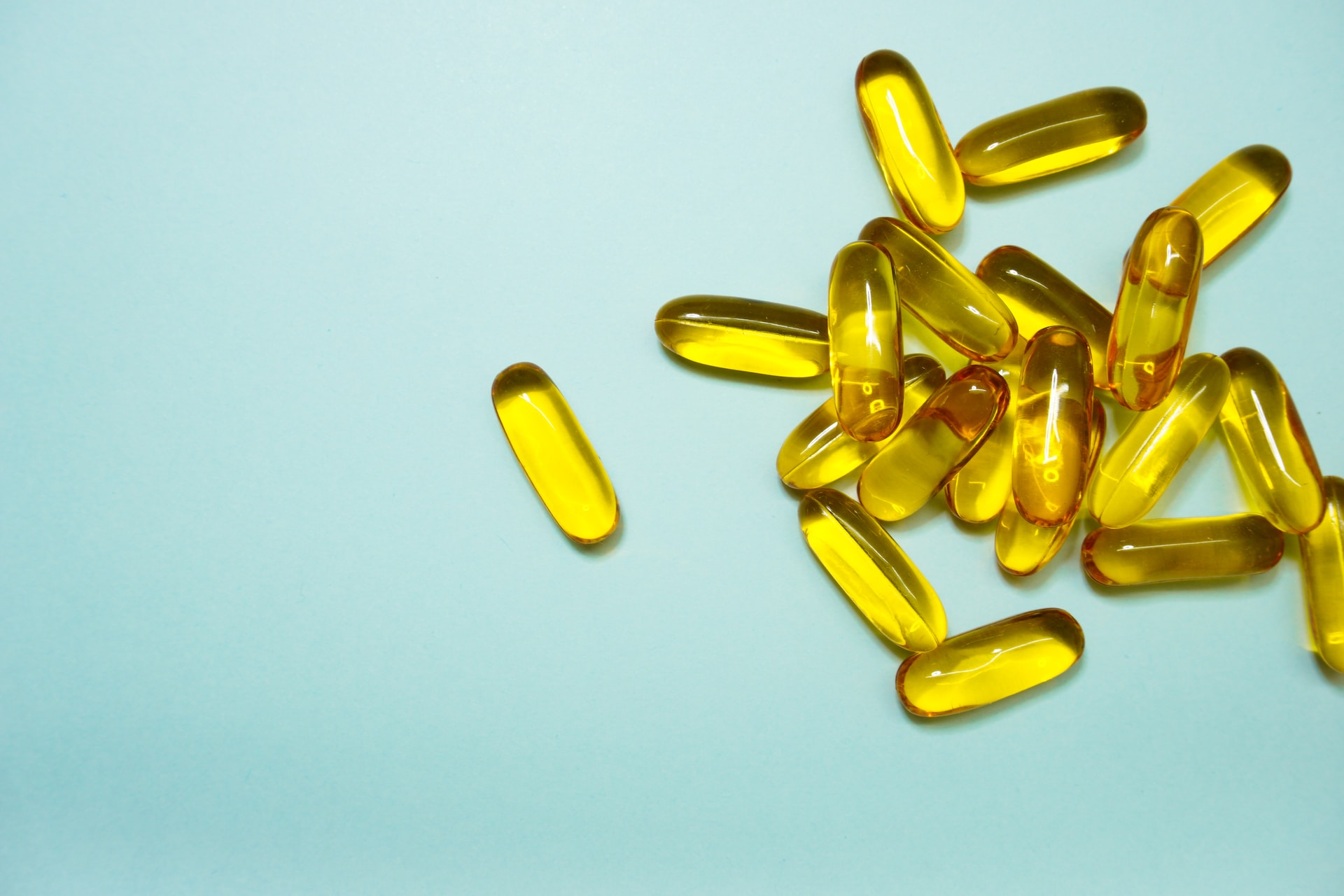The idea of lowering cholesterol without drugs is a tempting one. After all, who likes taking medications? The truth is that drugs can help lower cholesterol levels, but there are other ways to do it as well. By following a healthy diet and exercising regularly, you may be able to reduce your LDL levels without having to take any medications at all. Here are some tips on how you can lower bad cholesterol naturally:
Lowering cholesterol levels should be an important goal for everyone.
Cholesterol is a fatty substance that is produced naturally by the body. It’s important for many processes in the body, including making hormones and absorbing vitamins. High cholesterol can lead to heart disease, which is the leading cause of death in America. Cholesterol levels are measured using a test called a lipid panel–a blood test that measures total cholesterol, HDL (high-density lipoprotein) cholesterol and LDL (low-density lipoprotein) cholesterol levels.
Your cholesterol level is determined by both your genetics and lifestyle.
Your cholesterol level is determined by both your genetics and lifestyle. Genetics plays a role in how much you eat, when you eat, which foods you choose to eat and even how well your body processes certain nutrients. Lifestyle factors such as smoking or lack of exercise can also impact the amount of cholesterol in your body.
Age, gender and family history are other factors that influence your blood cholesterol levels:
- Age – As people age their bodies produce less HDL (“good”) cholesterol while at the same time making more LDL (“bad”) cholesterol than they did when they were younger (1). This process accelerates after age 45 years old so it’s important to be aware of this change if yours has already taken place (2).
You can lower cholesterol by following a healthy diet and exercising regularly.
To lower your cholesterol, follow a healthy diet and exercise regularly.
You can reduce the amount of fat in your blood by avoiding foods high in saturated fat, trans fat and cholesterol. Eat more fibre to help lower your cholesterol by eating more fruits, vegetables, whole grains and legumes. Exercise regularly to improve circulation and increase the rate at which waste products are removed from cells throughout the body–this will help keep toxins out of the bloodstream that may contribute to elevated cholesterol levels. Find a healthy diet you can stick with!
Eating more fibre and less saturated fat will help lower cholesterol levels.
To lower your cholesterol, you should:
- Eat more fibre and less saturated fat. Fibre helps keep you full and satisfied, so you’re less likely to overeat. It also helps lower blood sugar levels, which helps prevent diabetes. Diets high in saturated fats (like red meat) can raise your blood cholesterol levels, while diets low in them may reduce them. Avoid trans fats altogether–they are found in processed foods like margarine and crackers; if you see “partially hydrogenated” on an ingredient list it means trans fat was added during processing!
Get more exercise! Exercise is one of the best things you can do for your heart health; it reduces stress and lowers blood pressure while increasing HDL (“good”) cholesterol levels. And don’t forget about fish: Omega-3 fatty acids found in salmon help lower triglycerides while boosting HDL cholesterol levels
Supplements may also help you reduce your LDL, or bad cholesterol.
Supplements may also help you reduce your LDL, or bad cholesterol. A study published in the Journal of Nutrition found that taking omega-3 supplements can lower levels of LDL by up to 5%. This is because omega-3s are natural anti-inflammatory agents that work to reduce inflammation in the body. Inflammation is linked to an increase in blood pressure and heart disease risk factors like high triglycerides and low HDL–the good kind of cholesterol that helps protect against heart disease by carrying excess fat out of arteries where it can clog them up (see my article about how to raise HDL!).
So if you’re looking for ways to naturally lower your LDL without drugs, consider adding these foods and supplements into your diet:
It’s important to know that not all supplements are created equal, so make sure to find one that has been proven effective to lower cholesterol.
When it comes to supplements, it’s important to know that not all supplements are created equal. Some can actually be harmful and have serious side effects. So make sure to find one that has been proven effective before taking it.
If you eat healthier, exercise and take supplements, you may be able to lower your cholesterol and lower your blood pressure without medication and the side effects that come with it
If you eat healthier, exercise and take supplements, you may be able to lower your blood pressure without medication and the side effects that come with it.
A healthy diet is an important part of managing your cholesterol. It’s also a good idea to make some changes in the way you live so that you can have a healthier lifestyle overall. For example, try walking for 30 minutes every day or riding your bike instead of driving when possible. When it comes time for dinner or lunch at work or school (or wherever else), think about what kinds of foods are available there–and then choose something from that list instead!
Supplements can help lower cholesterol levels as well; however they do not replace a healthy diet plan which should always be followed first before starting any supplement regime
If you eat healthier, exercise and take supplements, your cholesterol levels may be able to lower without medication and the side effects that come with it.
Want to reach your fitness goals?
Level up your fitness journey with our free online journal! Track cardio, strength training, and flexibility. Set goals, visualise progress, stay motivated. Personalise, analyse, and connect with a supportive community. Elevate your workouts, achieve results!
Sign up now
